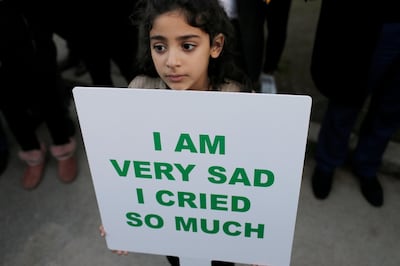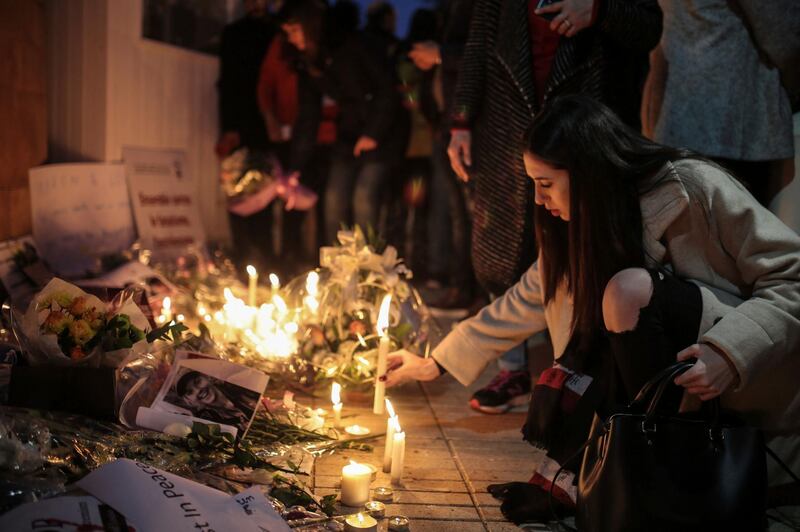Morocco police have arrested a Swiss national believed to have been involved in the murder of two Scandinavian tourists in the country's High Atlas region earlier this month.
The country's Central Bureau for Judicial Investigations (CBJI) said the man was thought to have recruited "Moroccan and sub-Saharan nationals" to carry out attacks against foreigners as well as security forces "in order to take hold of their service weapons".
The bodies of Louisa Jespersen, 24, from Denmark, and Maren Ueland, 28, from Norway were found on December 17 near the village of Imlil in the Atlas Mountains.
The Swiss national also holds a Spanish passport and had Moroccan residency, the CBJI said.
Moroccan police have carried out a wave of arrests in the wake of the killings and have detained some 19 more.
Four of the men appear in a video filmed days before women’s bodies were discovered in which they appear to pledge allegiance to ISIS.
Police and domestic intelligence spokesman Boubker Sabik this week described the four men as “lone wolves”, and said, “the crime was not co-ordinated with Islamic State”.
It is not clear how the latest arrest affects the police's initial assessment given that the Swiss national is suspected of acting as a recruiter.

After the arrests, hundreds of Moroccans gathered outside the Norwegian and Danish embassies in the capital of Rabat to condemn the killings and pay tributes.
"I am deeply touched by the kind reactions of the Moroccan people after the tragic event," the Norwegian Ambassador to Morocco, Merethe Nergaard, said after the gatherings.
Since the revolution in Libya in 2011, the country has descended into a bloody quagmire with competing factions and separate governments vying for control and legitimacy. Tunisia and Egypt have also suffered insecurity and terror attacks since their own long-term leaders were toppled by mass protests.
______________
Read more:
Moroccan suspects in killing of Scandinavian women acted alone
Moroccans rally against extremism after Scandinavian tourist murders
Moroccan police arrest suspect for murder of Scandinavian women
______________
Both Tunisia and Egypt have seen tourist numbers plummet. Morocco, on the other hand, saw a 20 per cent increase in tourists between 2016 and 2017 reaching 2.5 million visitors, local media reported at the time.
In April 2011, Al Qaeda was accused of carrying out the bombing of a restaurant in central Marrakech that killed 17 people. The group denied responsibility.
A report this year by the Spanish intelligence consultancy group ACIS estimated that some 1,699 Moroccan nationals travelled to Iraq and Syria to join ISIS of which some 596 were killed in fighting.
The report warned that Moroccan authorities should put in place mechanisms to handle the potential hundreds of fighters who may try to return home as the militant group loses ground in Iraq and Syria.






